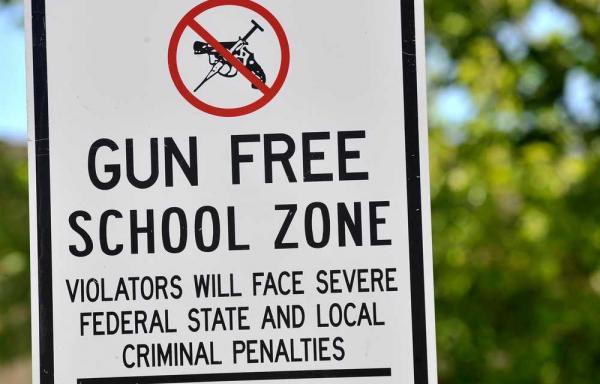Every crime in California is defined by a specific code section. Our attorneys explain the law, penalties and best defense strategies for every major crime in California.
Before you call us:
Please note: Our firm only handles criminal and DUI cases, and only in California. We do not handle any of the following cases:
- civil matters
- CCWs or gun right restoration
- labor
- family law
- immigration
- landlord/tenant
- harassment
- restraining orders
And we do not handle any cases outside of California.
Call Us Now















